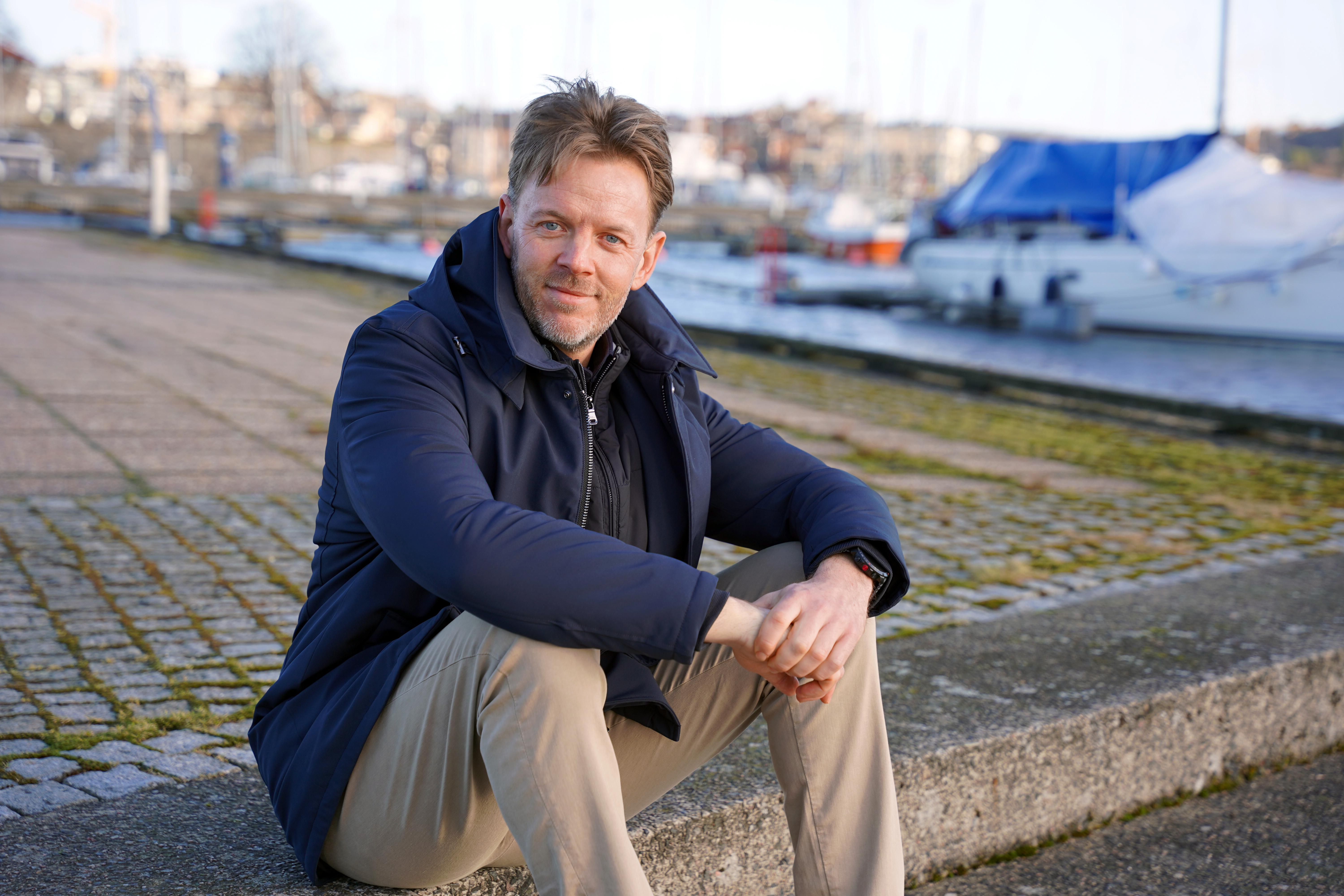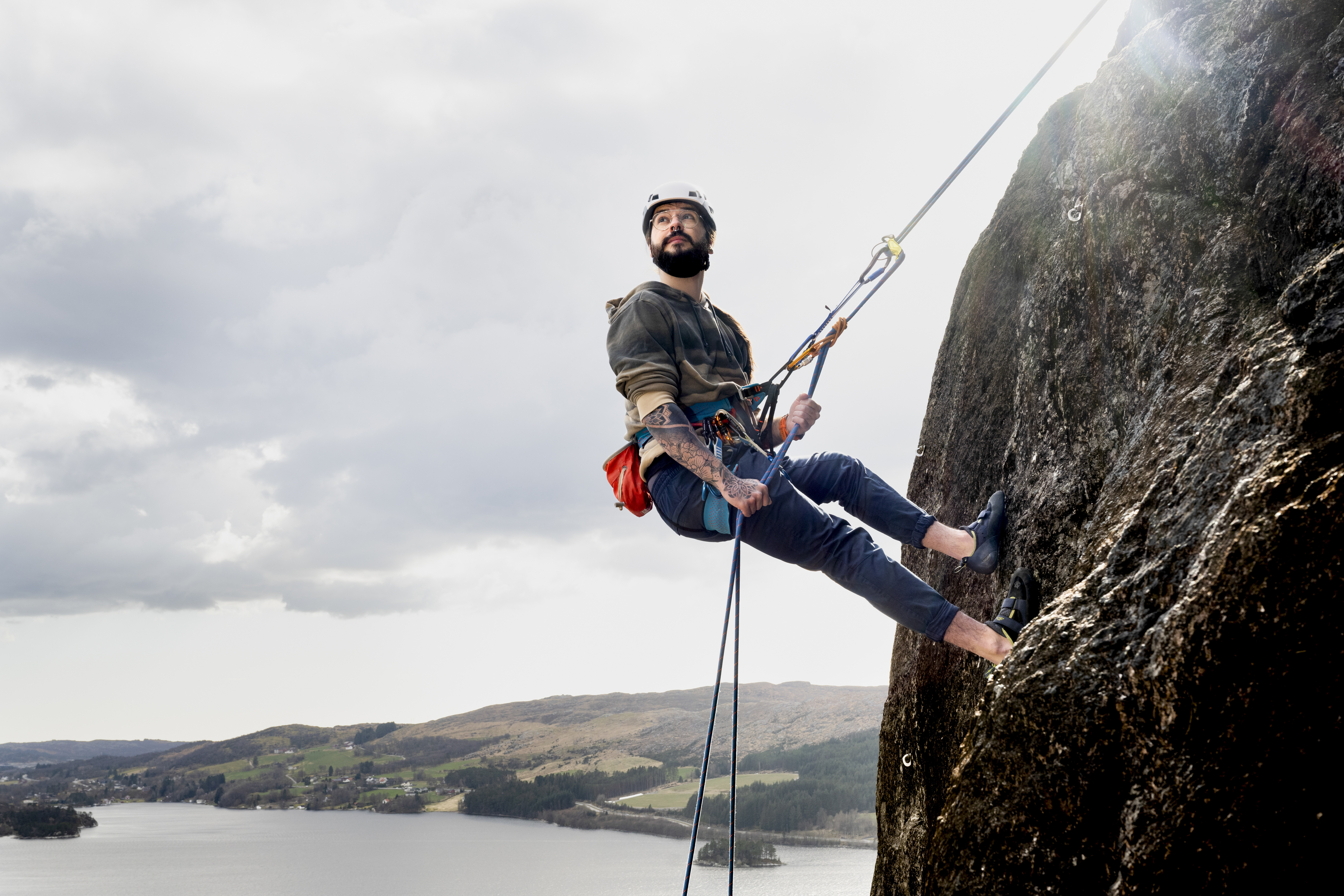Engineering a new life in Norway
 Eli Skaug Syvertsen
·
2 minute read
Eli Skaug Syvertsen
·
2 minute read
Marco and Natalia moved from Portugal to Kristiansand in 2014. With help from EURES and a Norwegian employer in need of engineers, they built a new life in Southern Norway. This is their story.

When Natalia and her husband Marco decided to leave Portugal in 2014, they were looking for stability, new professional opportunities, and a better future for their two young children.
“At the time, Marco had lost his job as an engineer, and it was difficult to find new opportunities, even with 12 years of experience,” Natalia says. “I had a stable job, but I felt that my development as an engineer had stopped. Our children were 5 and 8 years old, and we felt it was the right moment for a fresh start.”
Marco moved to Norway first, in February 2014, to get settled and prepare for the rest of the family. Natalia and the children followed in August, after their oldest son had finished the school year in Portugal.
“It helped a lot that Marco could focus on housing, paperwork, and other practicalities. When we arrived, everything felt more manageable.”
Connecting through EURES
At the time, NOV was one of several Norwegian companies recruiting mechanical engineers and had a close dialogue with NAV EURES. EURES advisers in Norway and Portugal worked together to identify suitable candidates. Based on this collaboration, NOV invited Marco to an interview at a job fair in Lisbon. Shortly afterwards, he received a job offer.
“We did some research about Norway, and we also knew a Portuguese couple who lived here. They gave us helpful information about daily life and what to expect,” Natalia adds.

Working in their field
Today, the family lives in central Kristiansand. Natalia works as a materials engineer at Kymera International in Lillesand, and Marco is a system engineer at Umoe Advanced Composites. Both have been able to build meaningful careers that match their background and education.
“We’ve experienced that our knowledge and experience from Portugal are respected and valued in Norway,” Natalia says. “Having jobs helped us integrate more easily, and it gave us a good start socially as well.”
Their children quickly adapted to school and made friends through sports. “Norwegian society places great importance on children’s well-being, and that’s something we really appreciate.”
Language and integration
Learning Norwegian was one of the biggest challenges. Evening classes were expensive and hard to combine with full-time jobs.
“We were both very tired after work, and the progress was slow,” Natalia explains. “But later we got the chance to take an intensive Norwegian course through NAV EURES, which made a big difference.”
While English is widely spoken, she believes it’s important not to rely on it too much. “It makes it harder to improve your Norwegian, so you have to make an effort.”
A better quality of life
More than a decade after their move, the family has no plans to return to Portugal. Their children want to study at university in Norway, and both Natalia and Marco see themselves working here until retirement.
“We feel that our quality of life has improved. Salaries are better, work-life balance is better, and we’ve had the chance to grow in our careers. And most importantly, our children are happy here.”
Stories like Natalia and Marco’s show how international competence strengthens our region. At Southwest Norway, we work closely with employers, partners, and jobseekers to make transitions like these possible.
Learn more about Kristiansand here



